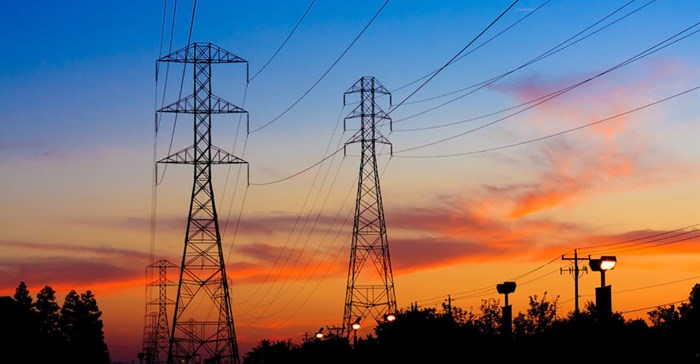EU-Africa research cooperation to improve energy access in Africa

Electricity consumption per capita in sub-Saharan Africa is, on average, less than that needed to power a 50-watt light bulb continuously. The 48 sub-Saharan countries have a combined installed generation base of only 68gW, according to the African Development Bank Group. This is roughly equal to the generation capacity of Spain, a country that has a population of less than 5% of that of sub-Saharan Africa.
Improving economic opportunities
In 2011, the international community initiated a drive towards achieving universal access to modern energy services by 2030 under the UN’s Sustainable Energy for All Initiative (SE4All). Substantially increasing energy access rates has the potential to make a significant contribution to lifting people out of poverty, creating more dignified living conditions and expanding economic opportunities.
How then should we go about meeting the energy needs of the continent? The two additional goals of the SE4All for our leaders are to achieve the radical transformations in energy access whilst actively driving down global carbon emissions via the promotion of low carbon technologies and energy efficiency.
Accelerating the uptake of renewable energy
It is important that the north and south work together to support all African countries to achieve the ambitious goals encapsulated within the SE4All.
Encouragingly, recent international agreements (such as those announced at COP 21 in Paris) have committed the world’s richer countries to investing significant resources in supporting the rapid acceleration of the uptake of renewable energy across the countries of the global south, to help mitigate climate change and promote sustainable local development.
The role of capacity building and applied research in accelerating this uptake cannot be underestimated: development, optimisation and dissemination of new technologies, innovative mechanisms for financing renewable energy projects, and evidence for formulating efficient policies for renewable energy – just to name a few.
Providing a scientific platform
This is why the Africa-EU Renewable Energy Cooperation Programme (RECP), which supports renewable energy market development in Africa, has recently launched efforts to provide a scientific platform for Africa-EU renewable energy research cooperation.
Three action areas
Last month, the inaugural Africa-EU research symposium was held in Tlemcen, Algeria. The event was attended by 135 international experts, representing universities, research institutions, public sector, industry associations, and international organisations from 30 countries in Africa and Europe. The symposium highlighted three action areas for the international scientific and development communities.
- First, while the role of academia in advancing renewable energy market and policies cannot be underestimated, it is unfortunate that most research projects end with the publication of a scientific paper. Researchers need to build closer partnerships with the private sector in order to translate science into practical and bankable solutions that will have a positive impact on markets and livelihoods while also contributing to the financial sustainability of research institutions. Private sector players, on the other hand, should also be involved in all stages of a research project, ensuring that research meets actual market needs.
- Then, access to energy is not just a question of physical access to energy sources; it is also about people’s ability to pay for them. Many communities across Africa live within metres of national grid systems and yet have no access to the electricity passing so close to their homes. It is therefore important to take a people-centred approach in every research project on renewable energy in Africa. This includes the need to focus on cost-effective, household level off-grid solutions and the acknowledgment of the role of women in energy use, entrepreneurship, policy making and research.
- Lastly, although funds are available, financing renewable energy research in Africa remains a challenge. Lack of awareness, difficult application procedures and limited capacities often hinder access to available funding sources such as Horizon 2020, the biggest EU research and innovation funding programme. Joint research proposals with international partner institutions can substantially increase chances for successful applications and increase the quality of research output.